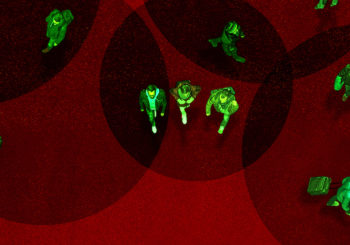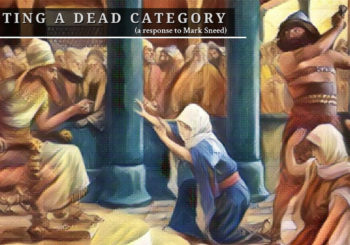Empiricism vs. Rationalism in the Hebrew Bible? Some Thoughts about Ancient Foxes and Hedgehogs
‘The fox knows many things but the hedgehog one important thing” (πόλλ’ οἶδ’ ἀλώπηξ, ἀλλ’ ἐχῖνος ἓν µέγα).1 Taking up this fragment from the Greek poet Archilochus, the English philosopher Isaiah Berlin once distinguished between the fox, which builds upon his many experiences and thereby gets to know a great plurality of things, and the hedgehog, which coins one decisive idea and interprets the world accordingly.2 In the following, my aim is to find out whether the Hebrew Bible is populated mainly by foxes or hedgehogs.
Empiricism vs. Rationalism
Read as a symbol for epistemological systems, the fox represents empiricism, the idea that insight and knowledge are based on the senses. It is sensory experience that creates knowledge. Opinions, sentences, and judgments based on experience may be called a posteriori judgments. The hedgehog, however, represents rationalism, the idea that basic insights and truths may be gained by pure reason. Reason provides access to and reasons for knowledge beyond sensory experience. In epistemology, judgments based on reason independent of experience may be called a priori judgments.
Jan Dietrich, “Empiricism or Rationalism in the Hebrew Bible? Some thoughts about ancient foxes and hedgehogs,” Annette Schellenberg and Thomas Kruger eds., Sounding Sensory Profiles in the Ancient Near East (Atlanta: SBL Press, 2019).
Dr. Dietrich is a Professor of Old Testament at Aarhus University and Director of the Research Program in the Department of Theology.
Did you enjoy this article? Check out our podcast. If you like it, be sure to rate and review.





